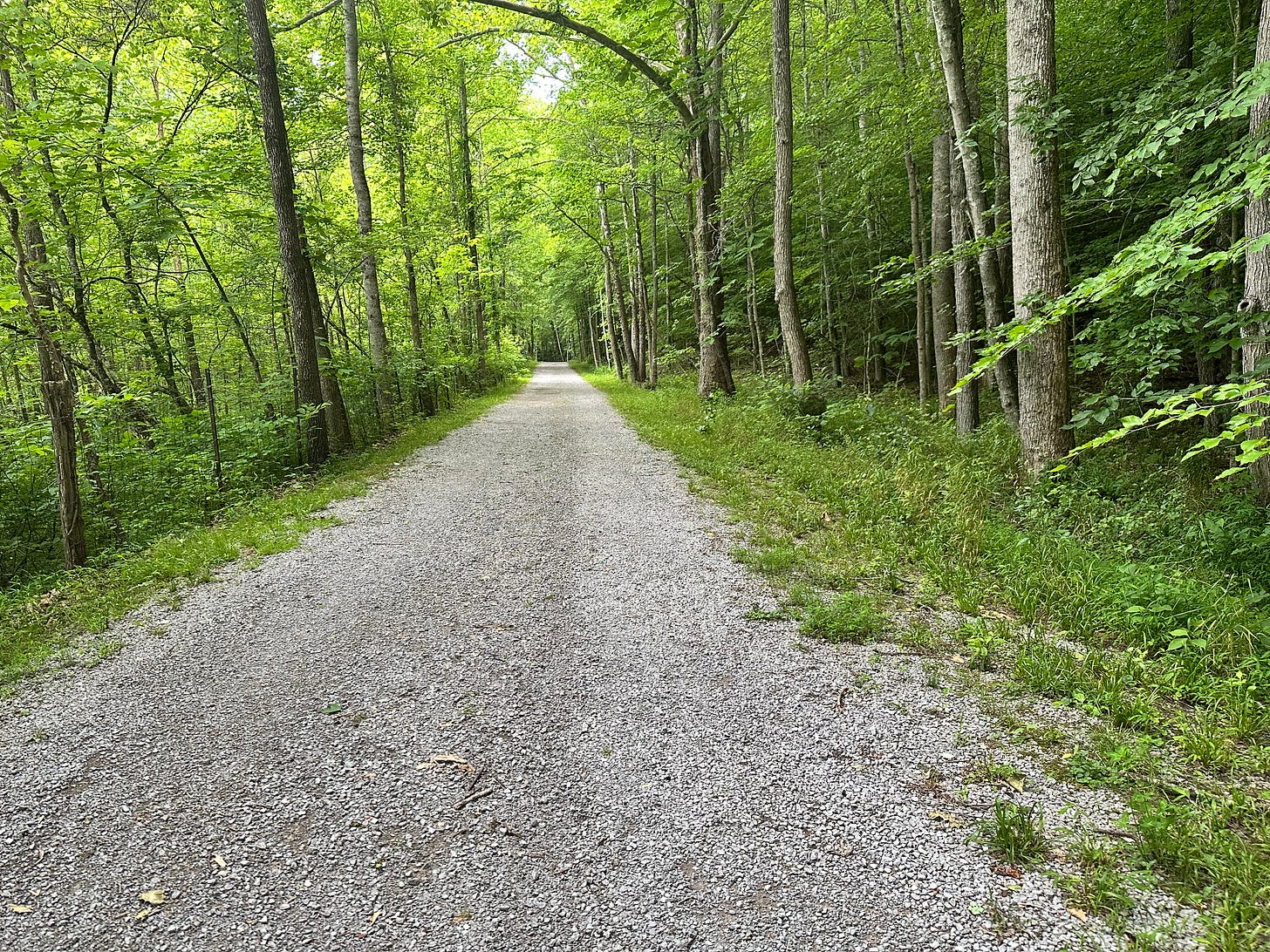In this, my inaugural post for MuniSquare, I would like to share some reflections about dirt. As a professor and researcher of public administration, I actually spend a good bit of time thinking about dirt, or, more specifically, getting my hands dirty. I am not the kind of academic most comfortable behind my university office desk, writing, reading, engaging in conversation; I do these things, to be sure, but my passion of public administration scholarship comes in the form of action. My passion comes when I am literally or metaphorically getting my hands dirty in the quest for unique insights or knowledge about how the world works, how it can get worse, and how it can get better.
As I write this, my family and I are pursuing this quest for insight and knowledge with volunteers and rangers in the national parks of the United States. We are embedded across multiple parks, serving as volunteers ourselves while interviewing those who live this life regularly. Learn more about this project and follow my journey here: https://npsvolunteerdiaries.us
What inspired this post though was not (exclusively) my penchant for dirty hands but a quote from Kentucky Governor, Andy Beshear. While commenting on the creation of new residential communities atop old mountain coal mines as a safe space to rebuild for those impacted by severe flooding, the governor observed: “The dirt where we’re from is pretty important to us.” (Kentucky’s Mountaintop Mines Are Turned Into Neighborhoods - The New York Times). He goes on to say that the only thing that would get people to move from their piece of dirt is family.
This is such a powerful notion. It is a notion that is foreign to me, as I have been a globe-trotting nomad from the days I left my birth home in Smithtown, New York after graduating high school. At the same time, it is an achingly familiar notion, though I think it is more familiar as something for which I long and desire and not something I have experienced. In the academic literature, we would discuss this as attachment to place. I have very little place attachment. I prefer stepping in and experiencing as much diverse dirt around the world, rather than having deep relationship with every speck in a relatively small area. But I admire those who have that sense of obligation to place. It is their dirt.
This is not just a reflection on identity. Dirt, and our relationship to it, has significant implications for my core research interests as a public administration scholar: building community and strengthening democracy.
I am currently living on some of the most beautiful dirt, atop mountains, in forests, and on beaches, that one can ever wish to experience. My job, and what I teach my son and visitors to national parks, is to protect and preserve this dirt. The communities that are created in park campgrounds and within throngs of visitors are temporary communities, but they can have lifelong impact on who we think we are and how we treat the places where we think we belong. It might be these temporary communities, guided by both formal and informal rules of behavior, are more powerful than fixed neighborhood-based communities. There are certainly lessons that can be shared one to the other.
In my first few posts on MuniSquare, I will ponder these relationships, share ideas from others, and introduce what it all can mean in practice for local governments. For identity, civility, sense of belonging, and health of democracy, dirt matters. Let’s have some fun playing in it!






I would love to see a thread about people's experiences in the national parks. My own are numerous. My favorite park, the Grand Tetons. My most memorable experience, the bear visit at Yosemite campground and the bull fighter (for real) who was tent camping with his wife and new baby. He asked my dad for a lantern so he could wave it at the bear. It worked. National parks are the keepers of our greatest assets.